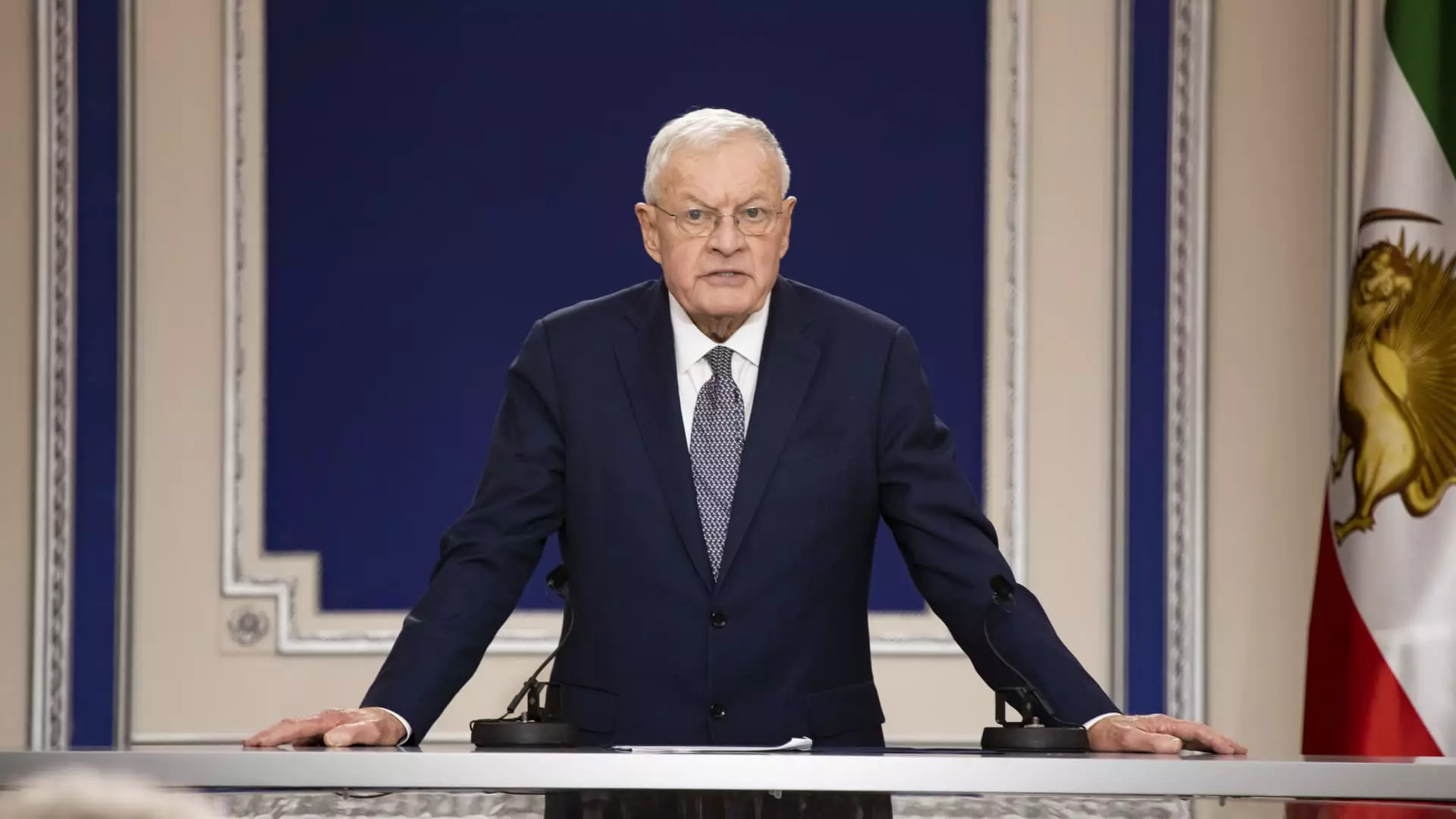The ongoing conflict between Ukraine and Russia continues to cast shadows over global political dynamics, prompting urgent discussions about peace and stability. Notably, Keith Kellogg, the U.S. Special Presidential Envoy for Ukraine and Russia, recently expressed optimism regarding the prospect of a peace plan emerging in the near future. His remarks came during the Munich Security Conference, a gathering of international leaders focused on global security issues. Kellogg’s assertion that a resolution could materialize “within days or weeks” underscores the impatience often associated with diplomatic negotiations, especially in an era defined by fast-paced political maneuverings.
Kellogg’s comments reflect what has come to be known as “Trump time,” a term he used to describe the expectation for swift results reminiscent of former President Donald Trump’s decision-making style. This approach emphasizes the urgency of action but also raises questions about the feasibility of achieving substantial breakthroughs in such a compressed timeline. Kellogg suggested a “dual-track” negotiation strategy, where the U.S. engages with both Russia and Ukraine along with their allies, indicating a complex multilayered dialogue.
However, this proposed swift timeline may clash with the inherent complexities of peace negotiations, where a myriad of factors often delays progress. As Kellogg emphasized, while there needs to be a brisk pace, it is crucial not to sacrifice depth for speed. The challenge lies in balancing the immediacy of resolution with the nuanced realities of international diplomacy, underscoring the unpredictable nature of negotiations.
Central to Kellogg’s address was the assertion that both Ukraine and European nations must be integral players in discussions regarding peace. His emphasis on collaboration reflects a broader understanding that sustainable agreements require a coalition of stakeholders. Excluding significant parties such as Ukraine and European nations may lead to fragile agreements that lack local support, thereby undermining their long-term viability.
Though Kellogg noted that European involvement might not be physically manifested at the negotiating table, their interests will be fundamental to shaping discussions. This point was echoed by other leaders at the conference, who indicated that the success of any outcomes hinges upon ensuring the territorial integrity of Ukraine and a comprehensive approach that encompasses all relevant parties.
Furthermore, Kellogg acknowledged a pressing concern: the tendency of U.S. officials to approach negotiations with a limited perspective, often neglecting the broader European context. This introspective methodology could hinder the development of a peace framework that resonates with the realities on the ground in Ukraine. The need for nuanced comprehension of all affected parties’ viewpoints is more crucial than ever, especially in light of the historical transatlantic ties that shape U.S.-Europe relations.
The hesitation among European leaders regarding U.S. intentions, articulated poignantly by Iceland’s Prime Minister, highlights the anxieties surrounding the current geopolitical landscape. The uncertainty about how the new U.S. administration plans to engage with traditional allies complicates the situation further. An effective peace plan must account for these dynamics, ensuring that all voices are heard and that mutual trust is reinstated.
As the possibility of a peace plan looms, it is imperative to remain both hopeful and pragmatic about the challenges ahead. The conflicting dynamics at play, coupled with the necessity for inclusivity and understanding among all stakeholders, must be central to ongoing discussions. While Kellogg’s optimism is commendable, the path to sustainable peace will necessitate patience, depth of engagement, and a commitment to addressing the underlying issues fueling the conflict.
The ongoing dialogue at forums like the Munich Security Conference serves as a critical platform for exploring these complex issues, ultimately providing a much-needed opportunity for a genuine path toward peace. Approaching negotiations with a balance of urgency and thoroughness may yield better prospects for resolving one of the most pressing geopolitical crises of our time.


Leave a Reply